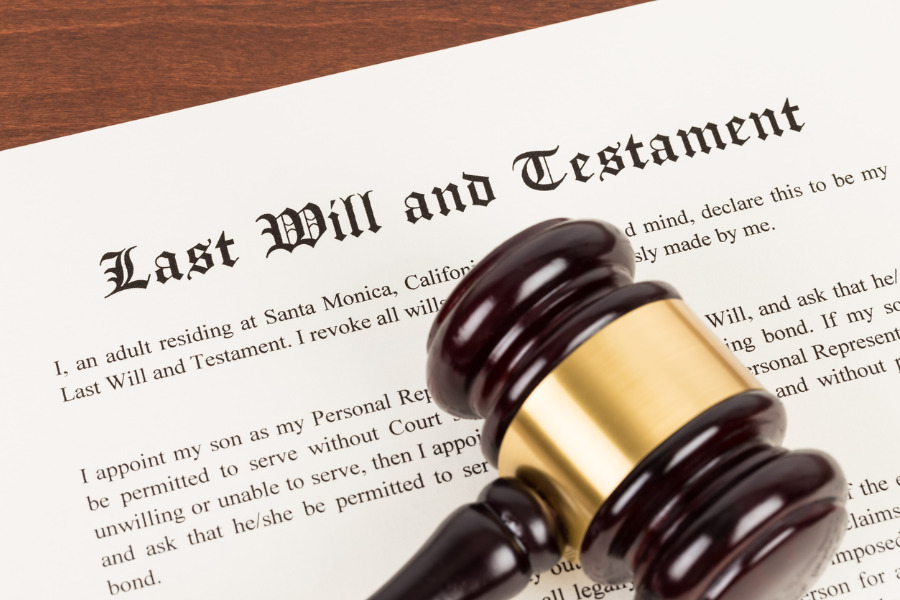

The fate of Gene Hackman’s estimated $80 million fortune remains unclear following the recent deaths of the Oscar-winning actor and his wife, Betsy Arakawa.
At least one legal expert suggests that his estate plan, which reportedly left his assets to Arakawa, may complicate potential inheritance claims by his children.
As The Indepent reported, Hackman, 95, and Arakawa, 65, were found dead in their Santa Fe, New Mexico home in February. A medical examiner determined that Hackman died of hypertensive atherosclerotic cardiovascular disease, with Alzheimer’s disease as a contributing factor. Arakawa had died about a week earlier due to hantavirus pulmonary syndrome, a rare illness transmitted through animals.
In one will drawn up in 1995, Hackman named Arakawa as the sole beneficiary of his assets, according to TMZ. Arakawa's own will reportedly included a clause stating that if she and Hackman died within 90 days of each other, their assets would go to charity.
At least one estimate places Hackman's fortune at $80 million, putting it just ahead of Sopranos star James Gandolfini's reported $70 million, but far behind the $300 million that Rock and Roll Hall of Famer Prince was said to have left behind.
Hackman's three children from his first marriage – Christopher, 65; Elizabeth, 62; and Leslie, 58 – were not named in his will, according to coverage by People. While legal experts note he also had a living trust, which could help determine the ultimate beneficiaries, that information has yet to come to light.
"In this case, we don't see who the beneficiaries are of the Gene Hackman trust because the Gene Hackman trust hasn't been either publicly released or it's not part of the probate proceeding," trust and family law attorney David A. Esquibias, who is not involved in the case told People. "Typically, though, the probate proceeding, at least in California, the trust is usually included."
Amid the uncertainty, Hackman’s son Christopher has retained California trust and estate attorney Andrew M. Katzenstein, according to TMZ. While Christopher has not publicly stated his intentions, the move suggests that he may challenge the will or attempt to assert a claim to his father’s estate.
Still, challenging Hackman’s estate plan could be difficult, given the amount of time that has passed since the documents were signed. Hackman and Arakawa reportedly last signed their wills in 2005, each naming the other as the personal representative of their estates, which could make any legal challenge more complex.
"Contesting a 20-year-old document is exponentially harder than contesting a deathbed-signed document," Esquibias explained. "Had this been signed in 2025 or 2024, I think there was more likelihood that there's [going to] be a contest."

"QuantumRisk, by design, recognizes that these so-called “impossible” events actually happen, and it accounts for them in a way that advisors can see and plan for," Dr. Ron Piccinini told InvestmentNews.

Advisors who invest time and energy on vital projects for their practice could still be missing growth opportunities – unless they get serious about client-facing activities.

The policy research institution calculates thousands in tax cuts for Washington, Wyoming, and Massachusetts residents on average, with milder reductions for those dwelling in wealth hotspots.

Yieldstreet real estate funds turned out to be far riskier than some clients believed them to be, according to CNBC.

The race to 100 transactions ended a month early this year, with April standing out as the most active month on record for RIA dealmaking.
Orion's Tom Wilson on delivering coordinated, high-touch service in a world where returns alone no longer set you apart.
Barely a decade old, registered index-linked annuities have quickly surged in popularity, thanks to their unique blend of protection and growth potential—an appealing option for investors looking to chart a steadier course through today's choppy market waters, says Myles Lambert, Brighthouse Financial.
